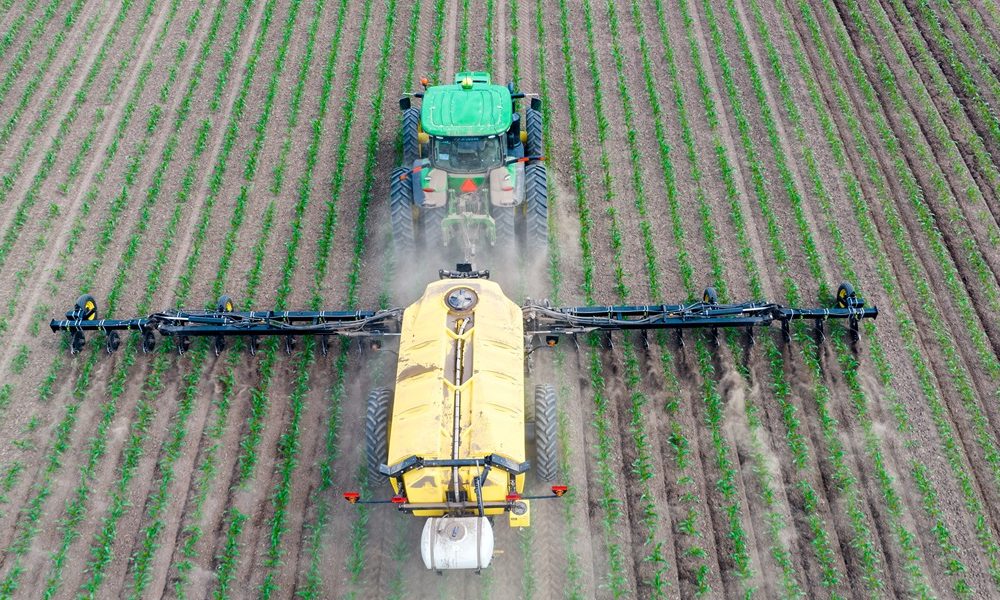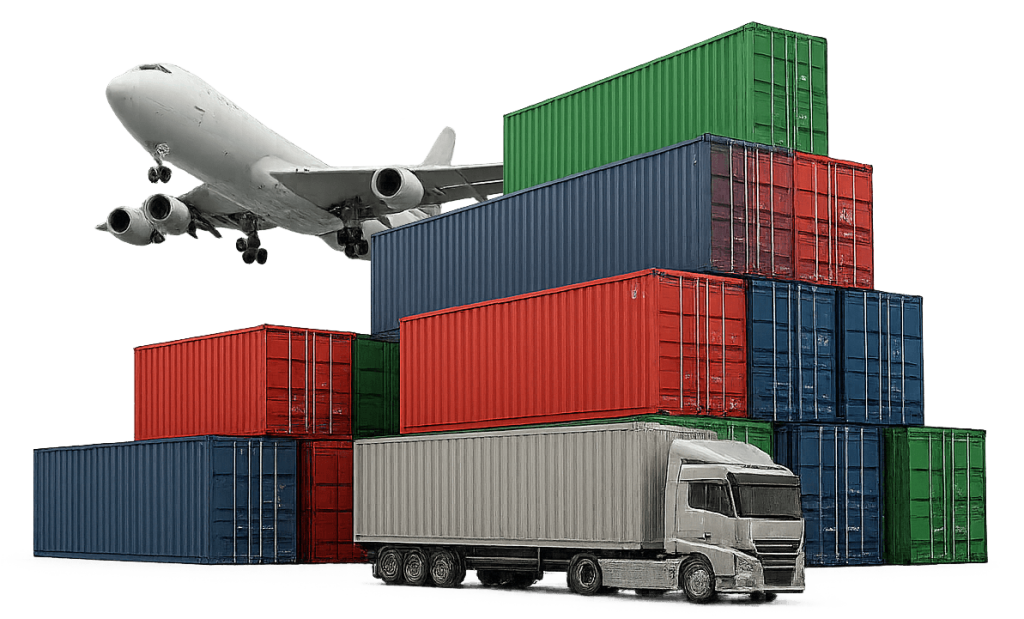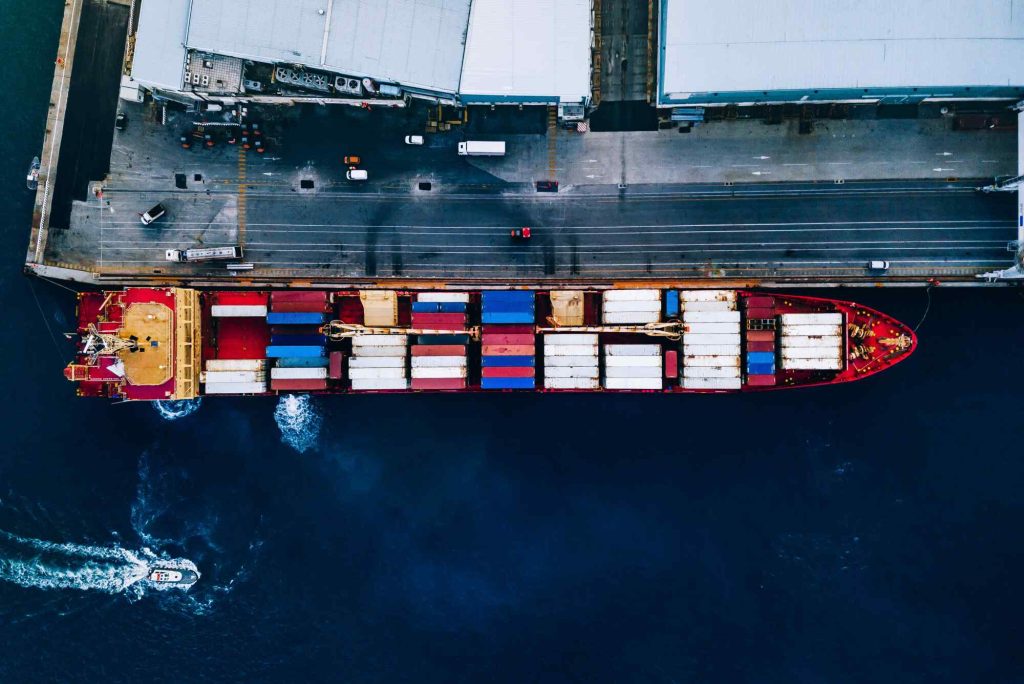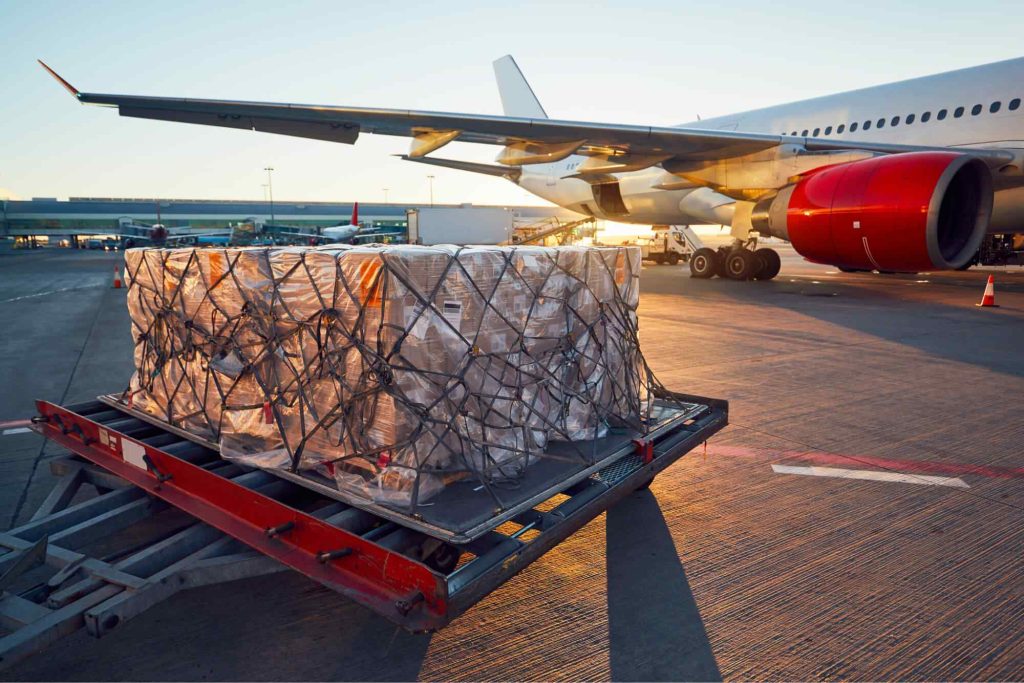A nota técnica NT45 da Embrapa, que analisa as implicações dos conflitos Israel-Hamas e Rússia-Ucrânia no mercado global de fertilizantes, apontou que os conflitos podem impactar significativamente a atividade agrícola do Brasil.
O conflito entre Rússia e Ucrânia vem provocando desarranjo no mercado global de fertilizantes e tornou instável o sistema alimentar.
Segundo a nota, Israel é o terceiro maior fornecedor de fertilizantes agrícolas, representando 10% das importações brasileiras de cloreto de potássio (KCl) em 2022. O produto é o mais importante para o Brasil, sendo que o país é o maior importador global do mesmo. No ano passado, foi importado, da Rússia e Bielorrússia, 40% do potássio utilizado no país.
As importações brasileiras de fertilizantes representam mais de 80% da demanda nacional por esse tipo de produto.
Empresas desse segmento precisam ter estratégias abrangentes que incluam a diversificação de fontes de fertilizantes, o que pode tornar as práticas agrícolas sustentáveis e assim enfrentar os desafios de maneira efetiva.
Conte com a assessoria personalizada da Ruckhaber e encontre fornecedores confiáveis do produto que você e sua empresa precisam.
Contatos:
E-mail: [email protected]
Telefones: + 55 (47) 3045-7112 e + 55 (47) 9 9654-6384
Atendimento ao cliente: Clique aqui
Fonte: Terra
[ENG]
Brazil’s fertilizer market could be affected by the import crisis
Embrapa’s technical note NT45, which analyzes the implications of the Israel-Hamas and Russia-Ukraine conflicts on the global fertilizer market, pointed out that the conflicts could significantly impact Brazil’s agricultural activity.
The conflict between Russia and Ukraine has disrupted the global fertilizer market and made the food system unstable.
According to the note, Israel is the third largest supplier of agricultural fertilizers, representing 10% of Brazilian imports of potassium chloride (KCl) in 2022. The product is the most important for Brazil, with the country being the largest global importer of the same. Last year, 40% of the potassium used in the country was imported from Russia and Belarus.
Brazilian fertilizer imports represent more than 80% of the national demand for this type of product.
Companies in this segment need to have comprehensive strategies that include the diversification of fertilizer sources, which can make agricultural practices sustainable and thus effectively face challenges.
Count on Ruckhaber’s personalized advice and find reliable suppliers of the products you and your company need.
Contacts
Email: [email protected]
Phones: +55 (47) 3045-7112 and +55 (47) 9 9654-6384
Customer Service: Click here










